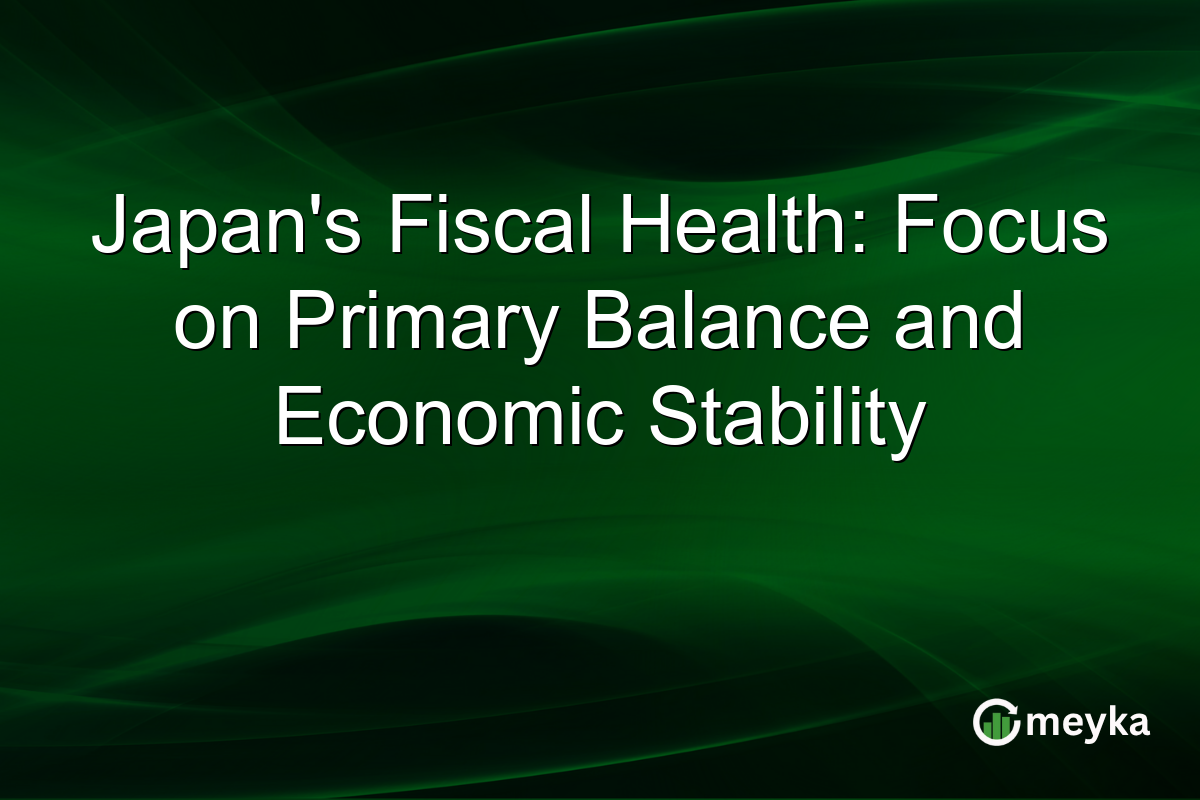Japan’s Fiscal Health: Focus on Primary Balance and Economic Stability
Japan is at a pivotal moment regarding its fiscal health, with attention honing in on its primary balance. The primary balance, which measures government revenues against expenditures excluding interest payments, is a critical indicator of fiscal sustainability. As Japan navigates fiscal policy challenges, achieving a balanced primary budget becomes vital for long-term economic stability. Understanding these dynamics is essential for investors looking at Japan’s economic future.
Continue Reading on Meyka
This article is available in full on our main platform. Get access to complete analysis, stock insights, and more.
Read Full Article →





